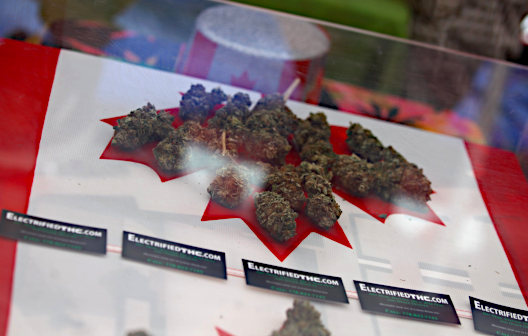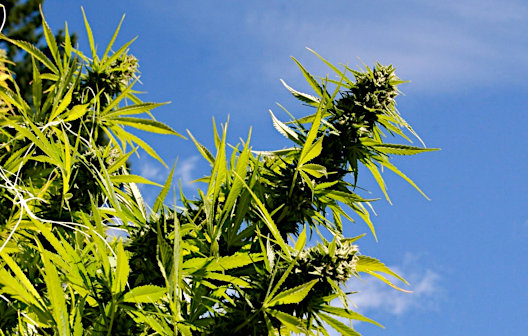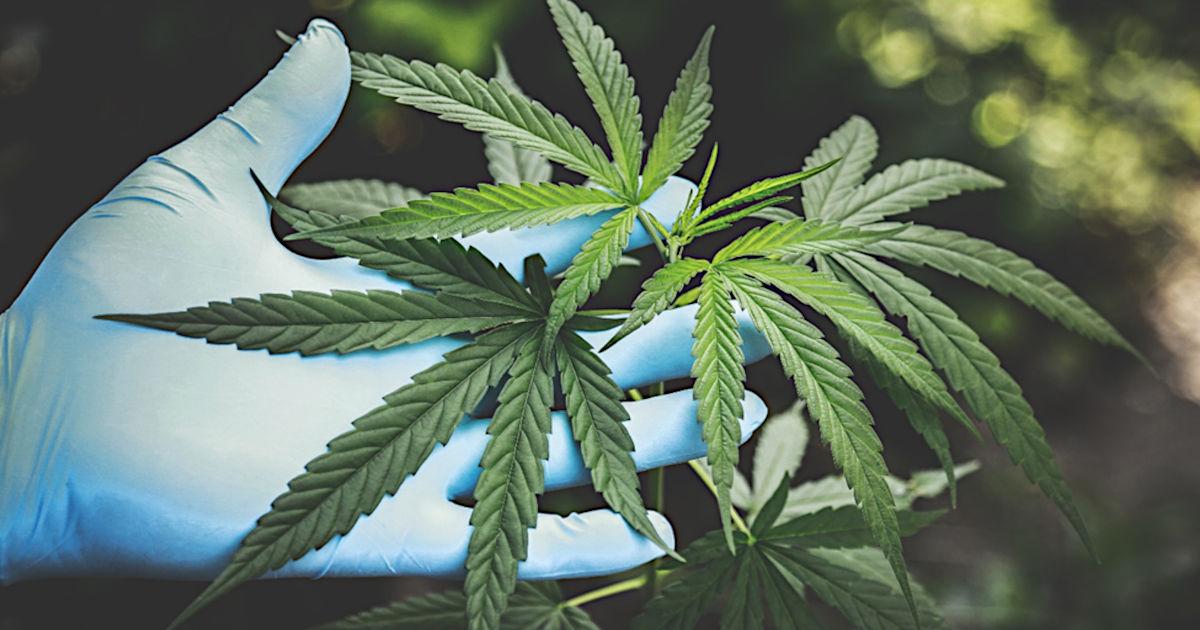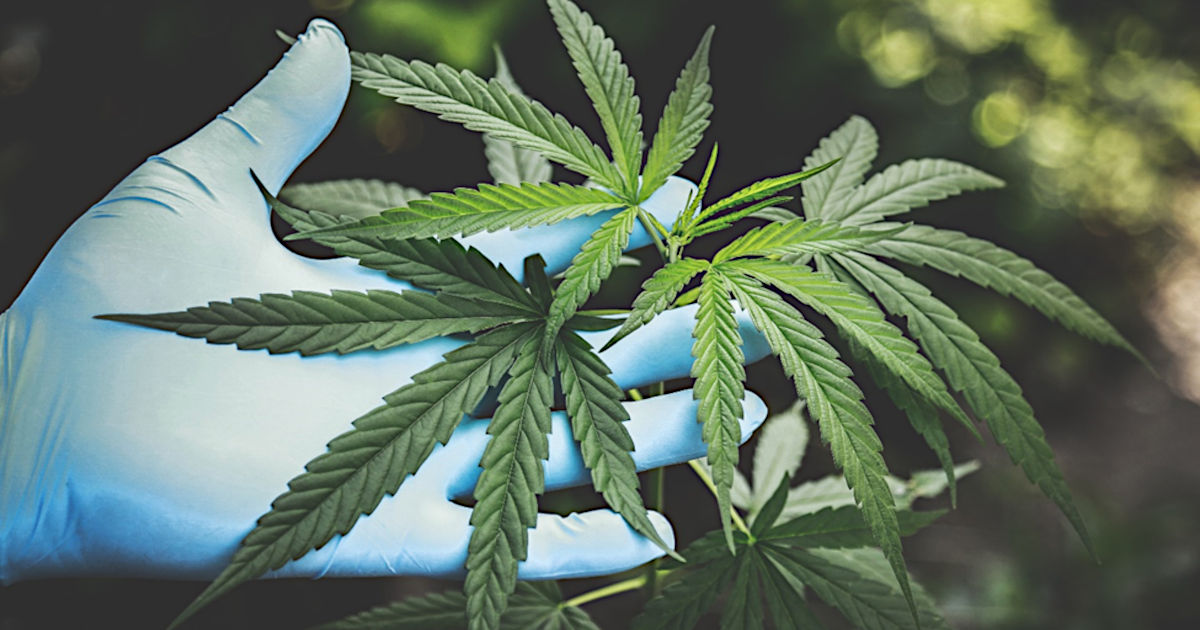Hemp and the FDA’s CDP DAP
The Food and Drug Administration (FDA) says it’s falling behind monitoring all that is new with Cannabis Derived Products (CDP). The regulator will soon ramp up its collection of data on CDPs. The plan to catch up is outlined in Cannabis-Derived
Products Data Acceleration Plan, an FDA release made public this month (October 2021). There are a number of points throughout the six-page report that could have implications for investors.
Background
“Overall, the growth of the CDP market continues to outpace the growth in the science and our understanding of the public health implications of these products,” wrote the FDA in the release. It notes the size and complexity of the CDP market, along with CDP public health concerns, require a broad effort from many entities and stakeholders. The stakeholders mentioned by the FDA are federal, state, local, territorial, and tribal government entities, academia, and industry. The involvement is needed to “identify new ways of detecting safety signals and accelerating appropriate research studies, including but not limited to rigorous toxicology studies,” according to the FDA. To advance this work, it has developed a CDP Data Acceleration Plan (DAP). The FDA’s CDP DAP is a mix of new attempts to improve data-driven safety signal detection and use technology to uncover more quickly problems should they arise.
FDA Cannabis History
The FDA Administration has been collecting information on hemp products, emphasizing cannabidiol (CBD) since the passage of the 2018 Farm Bill, which legalized hemp, defined as cannabis plants with .3% THC or less. The use of CBD skyrocketed as it became legal, available, and better known by consumers. It’s been the FDA’s job to develop regulations for CBD products. This would include, as a food additive, for cosmetic use, and even provisions for animals. Unregulated CBD products can already be found in stores and online throughout the U.S., the growth and uses have outpaced the FDA’s oversight.
Updated FDA Plan
The new plan lays out a series of pilot initiatives and partnerships with an emphasis on data and technology. These include novel methods for the FDA to achieve a better understanding of how “safety misinformation” plays into consumer behavior, and where educational needs could benefit consumers. The FDA also wants to measure to what extent cannabis consumers are replacing prescribed medications with cannabis products, and the “role of human and animal healthcare providers” in “promoting or preventing [cannabis-derived product] consumption.”
As far as partnerships, the FDA is “developing an inter-Agency scientific agenda for [cannabis-derived products] through a new National Toxicology Program pilot initiative.”
As far as “Data Gaps” are concerned, the FDA highlighted it is “proactively conducting research in key areas to inform data gaps, including several toxicology, safety, and quality initiatives.” These areas include how CBD impacts male reproduction, and neurological development, how CBD plays in in vivo and vitro toxicity, how transdermal CBD products work, more work on potential risk of liver injury due to CBD use, “characterization of chemical constituents for smoked hemp flower and vaped cannabis products,” and whether labels accurately note ingredients.
The Administration reminded, “FDA continues to encourage industry and remind them of their responsibility to develop the needed data, aligned with FDA’s current data standards, to ensure products are safe.”
To say that the cannabis industry has been tapping its feet waiting for FDA rules on products containing CBD and other cannabinoids is an understatement.
But in addition to lacking data, there is another complication: Epidiolex, a cannabis plant-derived CBD extract, which in 2018
Take-Away
The cannabis industry, perhaps more than any other, needs to know where the guard rails will be, what rules will be put in place. This is important on the finance and investment front, the legal and banking side, and consumer protection regulation. When it comes to regulations, sooner is often better than later when strategies for businesses and products are ongoing, and there’s a lot on the line. Ramping up information gathering and informed rule-setting will be welcomed by the industry and its investors.
There remain many unknowns surrounding cannabis products. Combining technology, the broad user, and various data-gathering entities will help the FDA speed understanding and judgment on the use of the many products and uses that are expected to come from this plant family.
Suggested Reading:
 Cannabis Vape Distribution Limited Under New Law
|
 Marijuana Dispensaries and the Impact on Marijuana Use
|
 Cannabis Fundamentals Not Hype Important to Investors
|
 Cannabis Related Businesses (CRB) New Access to Banking Services
|
Sources:
https://www.fda.gov/media/153183/download
https://cannabiswire.com/2021/10/20/fda-launches-biggest-cannabis-data-collection-plan-yet/
https://www.regulations.gov/docket/FDA-2019-N-1482/document
Stay up to date. Follow us:

|

